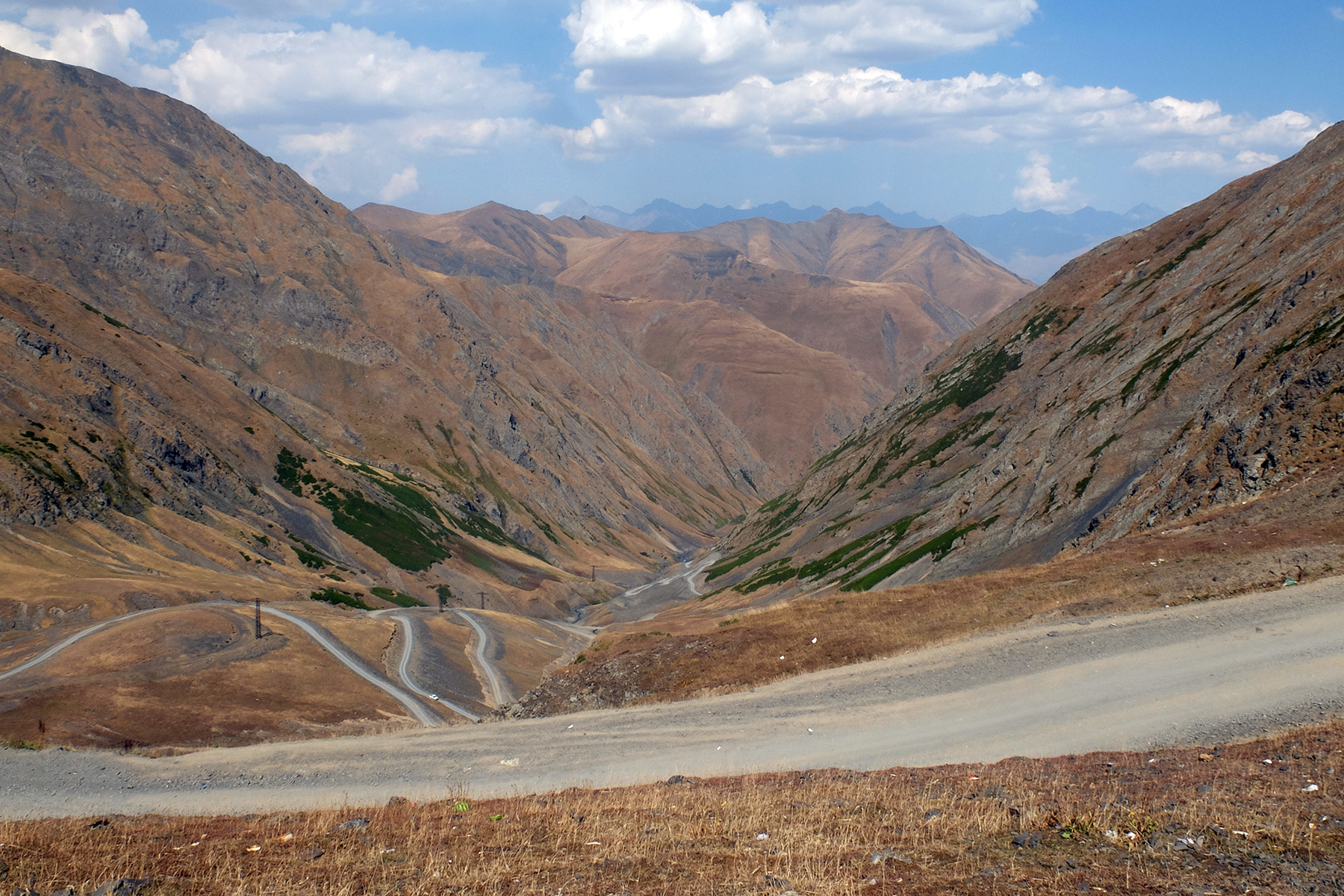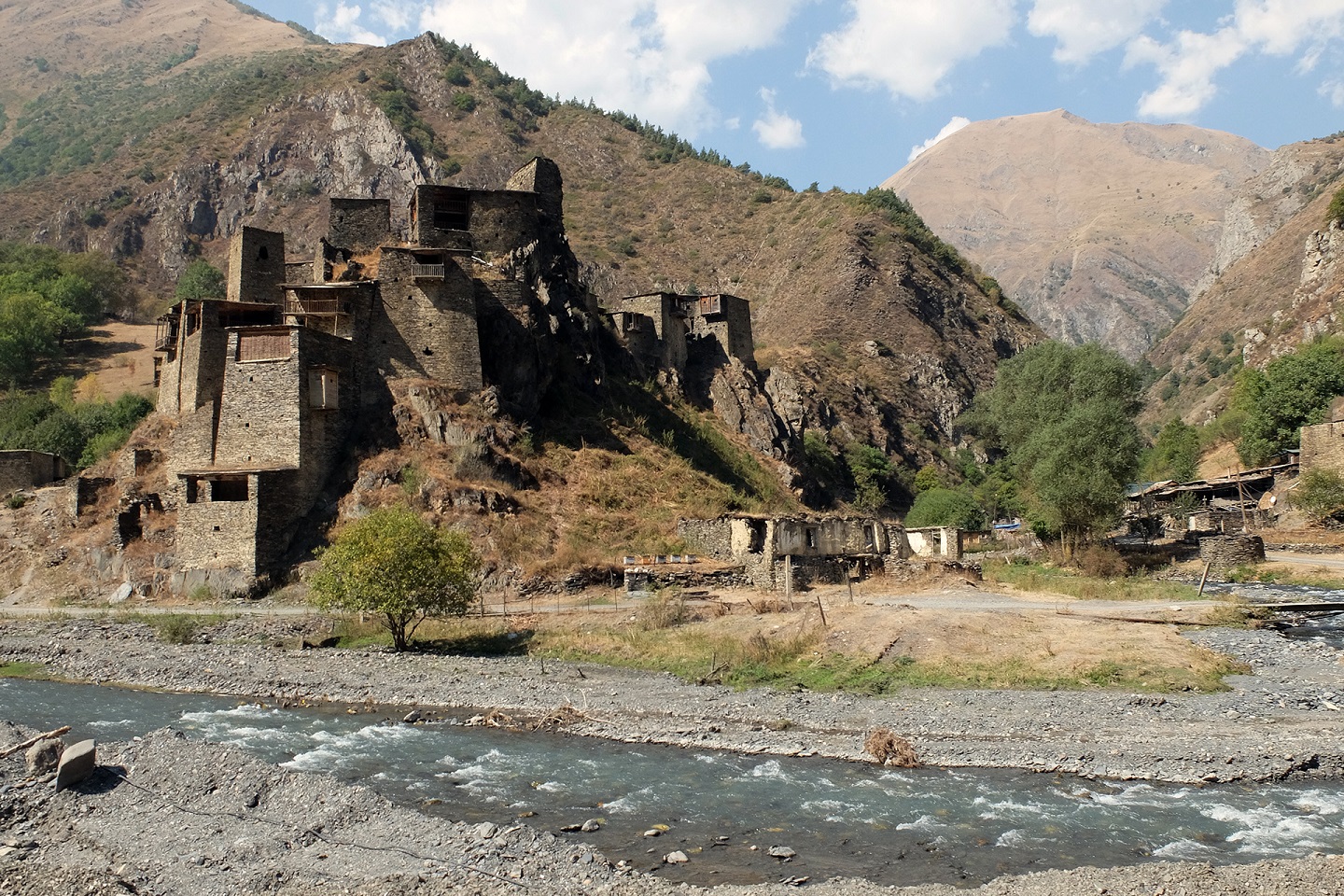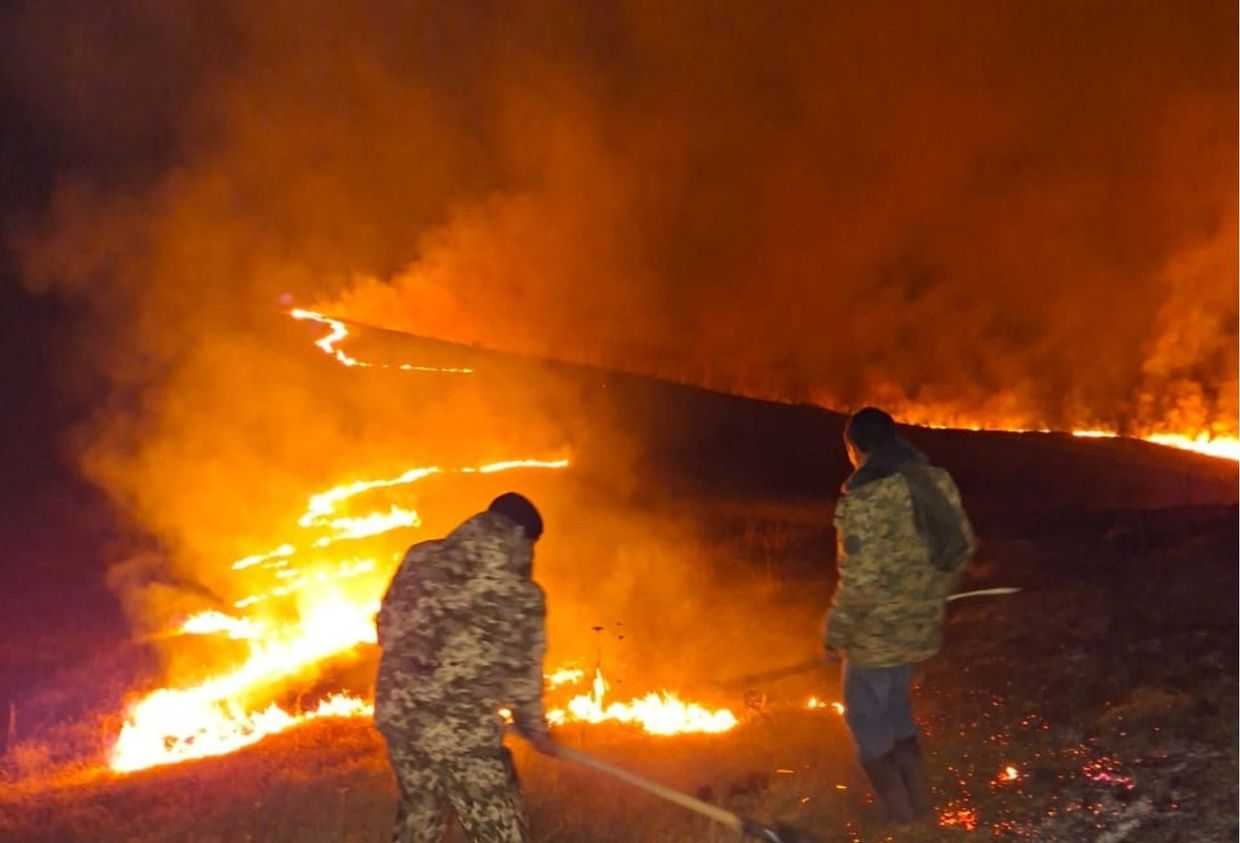

Georgian authorities have said they are likely to scrap most of a controversial mountain road project which would have connected Georgia’s northern Khevi region with the northeastern Tusheti region, through Khevsureti and linking up with the Pankisi valley.
According to information provided to OC Media from Georgia’s Roads Department, the proposed 63-kilometre section from Pankisi valley to Shavtskala in Tusheti ‘might not be realised’, although a final decision had not yet been made.
The Roads Department said the same of the Archilo–Omalo road, which would have connected Tusheti to Khevsureti through the Borbalo pass. They said that parts of the road would have been located 3,100 metres above sea level and therefore accessible only two months of the year and would be expensive to maintain.
According to Georgia’s regional development and infrastructure ministry, the cost of the project was approximately ₾230 million ($88 million).
Speaking to regional outlet Mtis Ambebi, the head of the roads department, Irakli Karseladze, cited ‘difficult terrain’ and an unfavourable ‘geological situation’ as obstacles.
The government said the Juta–Roshka section of the road would still go ahead. Mtis Ambebi cited Karseladze as saying that this would be of benefit to tourists coming through the Stepantsminda–Verkhny Lars border with Russia, as they could cross directly into Khevsureti.
The alternative
The Infrastructure Ministry said they were instead considering improving the only existing road to Tusheti, which is currently unpaved and goes from the village of Pshaveli to Omalo. The ministry told OC Media that this should take three years to complete.
The current route, going through the Abano pass at almost 3,000 m above the sea level, is subject to frequent avalanches and landslides that can be dangerous to passengers, and is usually only accessible from mid-May to November.
Authorities announced the Pankisi addition, originally meant to go through Akhmeta, Shavtskala, and the Khadori Pass, in 2016.
Local residents of Tusheti were split over the plan to connect the region with Pankisi valley through Khadori. Many Tush people living in Omalo and the surrounding villages were against the road, citing the potential harm to ecotourism, while others wanted better roads leading to Tusheti.
Impact on the environment
The Tusheti–Pankisi connection was planned as an extension of the 200-kilometre road project from the village of Sno near Khevi’s Kazbegi National Park to Tusheti, via Khevsureti.

When the government announced the project in 2016, they promised the road would enhance local tourism and help local people get around more easily — but not everyone was convinced.
In February 2018, activists and NGOs started a petition to ‘save the High Caucasus Mountains from Destructive Roads Construction’, gathering over 9,800 signatures. Critics of the project claimed it would put both ecology and ecotourism at risk.
The planned route cut through a number of national parks included in the Emerald Network, a network of ‘special conservation interest’ areas protected under the Council of Europe Bern Convention.
[Read Sopo Aptsiauri’s article at OC Media: Practical or destructive: controversy surrounds new mountain road in Georgia]
Ted Jonas, an American–Georgian lawyer and one of the leaders of the campaign against the road, hailed the decision on Facebook, saying it was a ‘testimony’ that environmental activism delivers results.
However, activists expressed disappointment that the government was still planning to go forward with the Juta–Roshka section of the road, and vowed to continue to oppose it.









